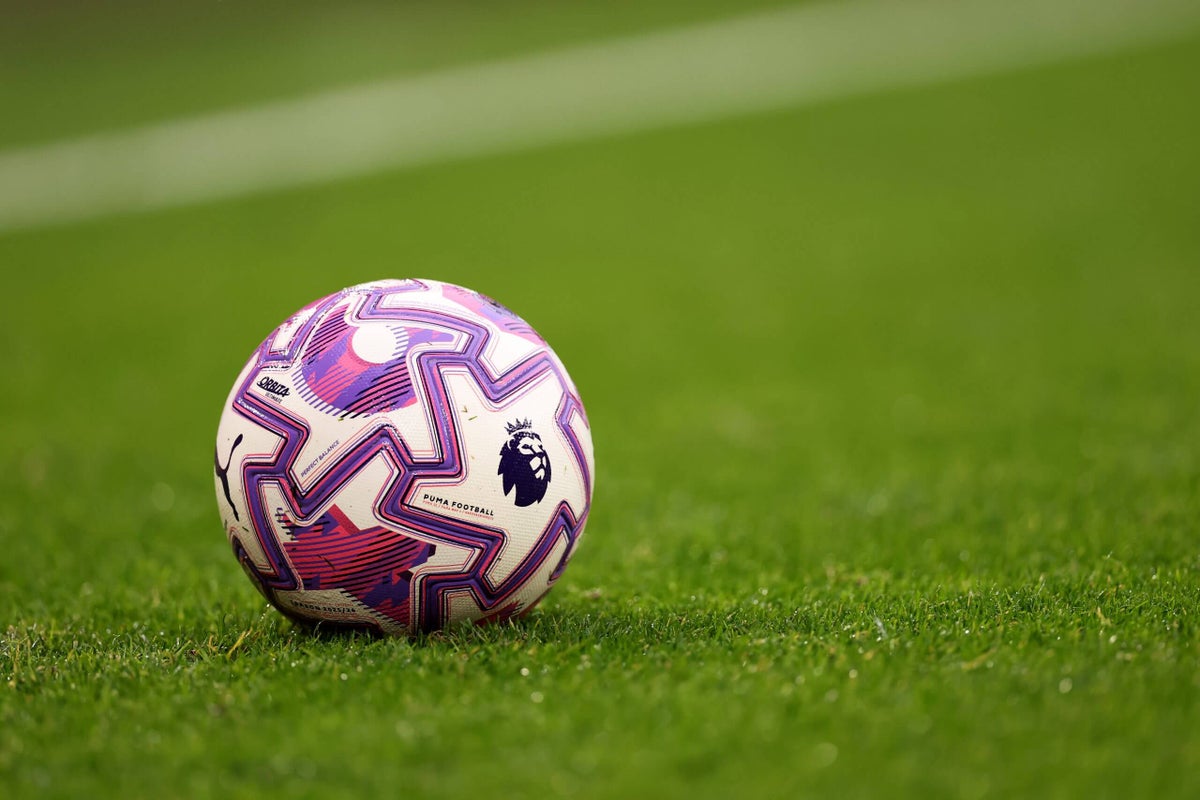More than half of the clubs in England’s top four divisions are technically insolvent, with only one in five breaking even and one in 11 having enough cash to cover three months’ wages, according to a new report on the game’s financial health.
Now in its fourth year, the 2025 edition of the Fair Game Index has looked at 164 professional and semi-professional clubs in England’s top six tiers, assessing them across eight key indicators of performance, ranging from finance to community engagement.
With the Independent Football Regulator (IFR) now a reality, this year’s report has focused on whether clubs are “regulator ready”, and the results are concerning.
Only four full-time clubs – Brighton & Hove Albion, Cambridge United, Carlisle United, and Wimbledon – would currently satisfy the IFR’s criteria for good practice, with sixth-tier Bath City, a semi-professional side, being the only other surveyed club to tick all boxes.
More worrying, however, is the report’s claim that 43 clubs in the top four divisions, almost half, have less than one month’s cash in the bank.
In the Premier League, which just spent more than £3billion on new players, one in four clubs have greater liabilities than assets, making them technically insolvent, with three in four clubs losing money last season.
Fair Game, a campaign group made up of 33 clubs, believes teams should be incentivised to improve governance standards, live within their means, and behave ethically, with the best performers receiving larger central payments from the leagues.

Fair Game believes teams should be incentivised to improve governance standards, live within their means, and behave ethically. (Photo: Michael Regan/Getty Images)
With this in mind, the report gives the five “regulator-ready” clubs Gold Awards, with nine more clubs getting Silver Awards for being close to reaching the required standards and a further 13 clubs receiving Bronze Awards for meeting “minimum standards”.
“If anyone had any doubts whether football needs a regulator, today’s report blows those doubts out of the water,” said Fair Game chief executive Niall Couper.
“Financial recklessness is rife, good governance is a rarity, and matters concerning ethics and environment rarely reach the boardroom.
“There are some exceptions and we are delighted to champion those clubs today. These clubs are exemplars and football’s financial flow should look to reward them.”
Among the Silver Award clubs are Premier League sides Chelsea, Manchester City, Manchester United and Tottenham Hotspur, while Arsenal, Brentford, Burnley, Liverpool and West Ham United are among the Bronze Award recipients.
To achieve a Gold Award, the clubs had to record a strong overall score and minimum standards in all four core areas – fan engagement, finance, governance and transparency.
The four other categories, referred to as “club value areas”, were community engagement, diversity, environment and ethics.
Overall, clubs scored better in the core areas than the club value areas, with scores for environment and ethics particularly poor. For example, only eight Premier League clubs have targets and roadmaps for reducing carbon emissions, and 19 of 20 top-flight clubs have gambling and alcohol-related sponsors.
(Photo: Jack Thomas/Getty Images)

